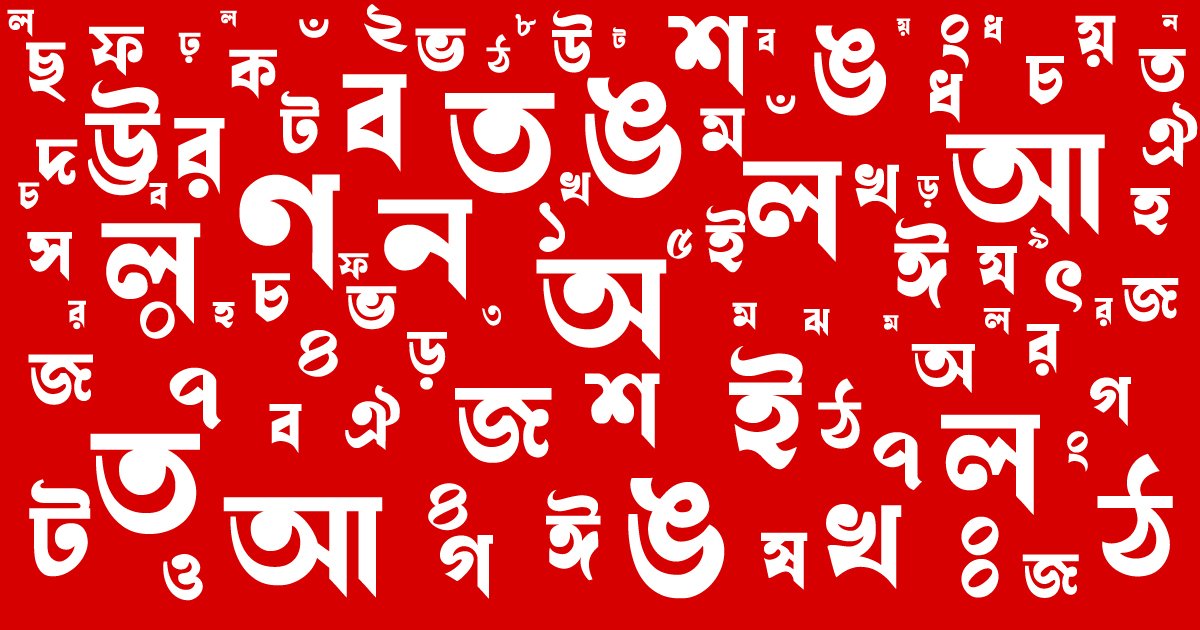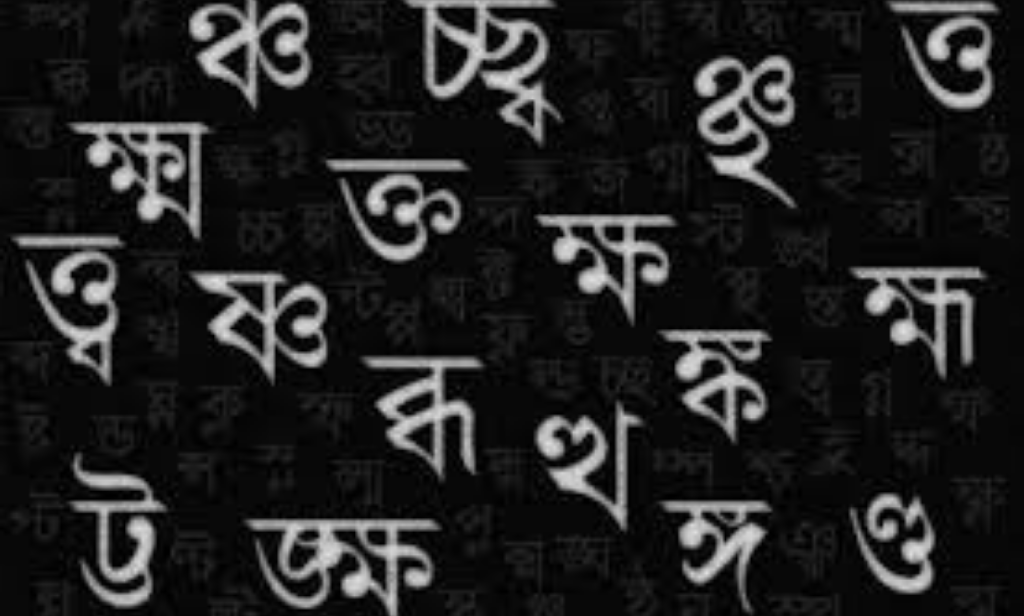Today our topic of discussion is – International Phonetic Alphabet (IPA)
International Phonetic Alphabet (IPA)
Any language of this world we can talk about, does not have the complete resemblance between the sound and the orthographic form. The reason is language is always changeable. But its alphabet, of course, is not changed even in a century.

That is why we can see, sounds human beings are using now in their language are not seen all in the alphabet. Exactly like this, there are some letters in the alphabet which are not being used now in spoken language. So it is clear that the alphabet we are still using is not appropriate to represent all of our speech sounds.
Observing this problem of speaking and writing, phoneticians invented an alphabet which is called the International Phonetic Alphabet, in short IPA. ‘The IFA is a precise and universal’ means (i.e. valid for all languages) of writing down the spoken forms of utterances as they are spoken without reference to their orthographic representation, grammatical status or meaning (Varshney, 2000: 55).

So the definition of IPA we can say, the alphabet which is capable to transcript the smallest elements of speech of all languages of the world is called International Phonetic Alphabet. With the help of IPA we can very easily teach or learn the pronunciation of any language today.

In IPA there are the transcriptions of all vowel and consonant sounds. Not only these, there are also suprasegmentals, tones and word accents, diacritics and other symbols to accurately transcript the sounds human beings use.
Throughout our study we used the International Phonetic Alphabet to show the pronunciation of Bengali as well as the pronunciation of other languages which lent Bengali their words.
See more
